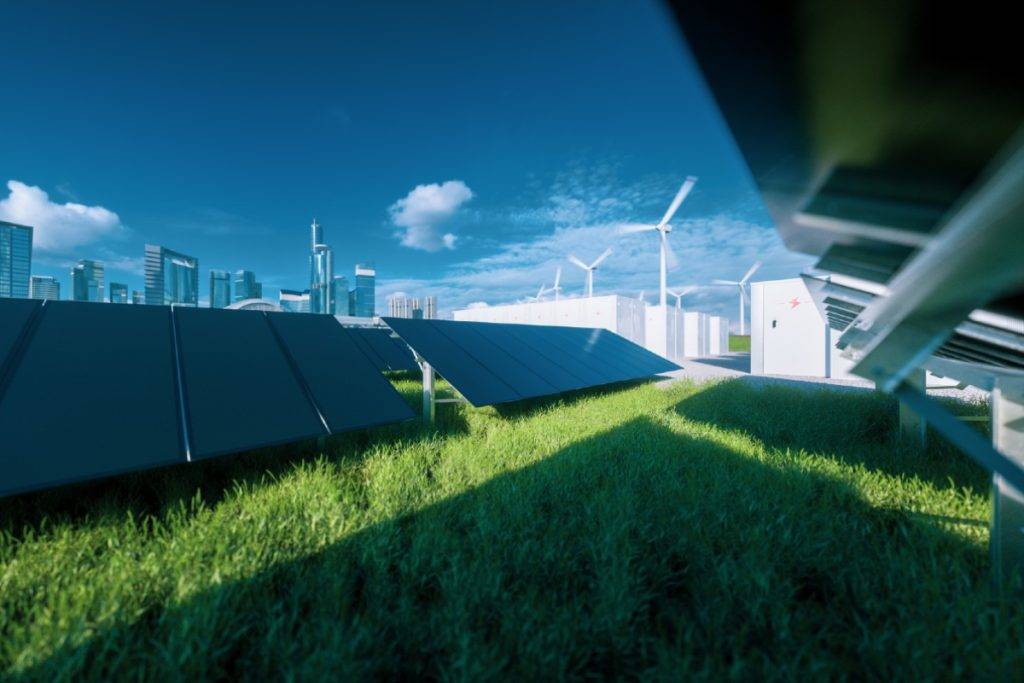Maps Group, through its subsidiary Energenius, will participate in the European project USES4HEAT, funded by the Horizon Europe program, aimed at demonstrating innovative and large-scale decarbonized thermal storage solutions, enabling reliable future use. In this way, for example, thermal energy produced but not used during the summer by assets such as cogenerators and district heating will not be wasted but stored for winter use.
The demonstration will take place through a one-year test campaign, during which the thermal energy produced by the energy assets of various companies across Europe will be stored in innovative and cost-effective underground storage systems. These systems, thanks to the environmental conditions underground, will prevent heat loss, maximizing the availability and resilience of the energy supply.
The project will commence on December 1, 2023, and will last a total of 48 months. During this time, Maps Group, participating with its Rose Energenius Efficiency solution, will be responsible for the design and development of an innovative optimization software platform based on Artificial Intelligence. The goal is to maximize the use of renewable energy resources through the optimal management of all energy assets at the demonstration sites. Additionally, predictive algorithms for both energy generation and demand, as well as maintenance of the assets, will be developed.
In particular, the developed system will be tested at the Cartiere del Garda S.p.a. facility in Riva del Garda, Italy, where various energy assets such as cogeneration, district heating, heat pumps, thermal energy storage in aquifers, and hybrid photovoltaic panels will be present.
USES4HEAT will systematically demonstrate the effectiveness and technical, economic, and social feasibility of innovative large-scale seasonal energy storage solutions, ensuring a limited CAPEX and a positive environmental impact of the system.




